Search
Remove Ads
Advertisement
Search Results
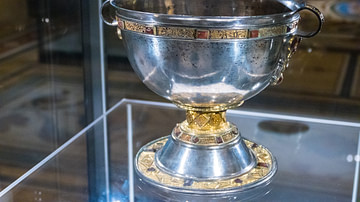
Definition
Derrynaflan Hoard
The Derrynaflan Hoard is a collection of Irish altar vessels dating between the 8th and 9th centuries CE. Discovered on the island of Derrynaflan, in the townland of Lurgoe, Co. Tipperary in 1980 CE, the pieces are now on display at the National...
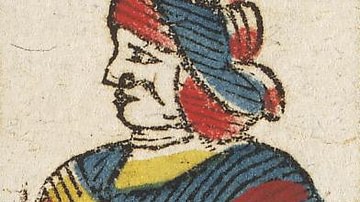
Definition
Frodi
Frodi (Old Icelandic: Fróði) is the name of legendary Danish kings in Norse mythology. There is a whole range of kings bearing the same name, pointing to fascinating traditions in both Old Icelandic and continental Germanic storytelling...
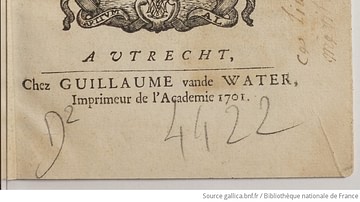
Definition
Claude Brousson
Claude Brousson (l. 1647-1698) was a prolific writer and famous preacher after the revocation of the Edict of Nantes in 1685 when Protestantism was outlawed in France. He self-exiled to Lausanne and Holland and returned to France to preach...

Article
Medieval Knights: 12 of the Best
The knights of medieval Europe were meant to be the finest fighting men of their age, even more important, they were expected to be pure in thought and deed, as exemplified in the chivalrous code which they (usually) followed. Here are the...
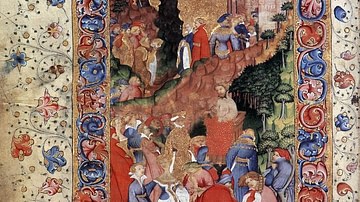
Article
Chaucer's The Book of the Duchess Full Text & Summary
The Book of the Duchess is the first major work of the English poet Geoffrey Chaucer (l. c. 1343-1400 CE), best known for his masterpiece The Canterbury Tales, composed in the last twelve years of his life and left unfinished at his death...
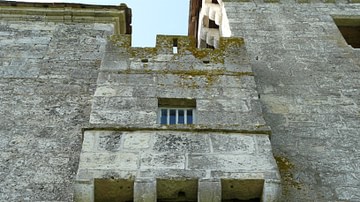
Article
Toilets in a Medieval Castle
The medieval toilet or latrine, then called a privy or garderobe, was a primitive affair, but in a castle, one might find a little more comfort and certainly a great deal more design effort than had been invested elsewhere. Practicality...

Article
Religion in the Mongol Empire
The Mongol Empire (1206-1368 CE) covered Asia from the Black Sea to the Korean peninsula and so naturally included all manner of religions within its borders, but the Mongols themselves had their own particular religious beliefs and rituals...
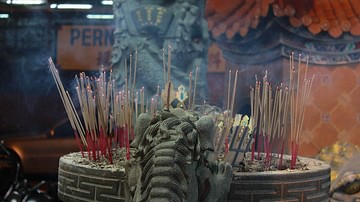
Article
Ancestor Worship in Ancient China
Ancestor worship in ancient China dates back to the Neolithic period, and it would prove to be the most popular and enduring Chinese religious practice, lasting well into modern times. The family was always an important concept in Chinese...
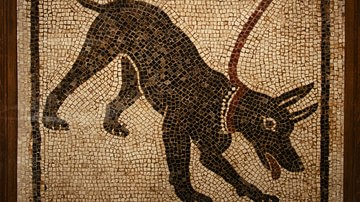
Article
Dogs in the Ancient World
Dogs have been a part of the history of human beings since before the written word. The ancient temple of Gobekli-Tepe in Turkey, dated to at least 12,000 years BCE, has provided archaeologists with evidence of domesticated dogs in the Middle...
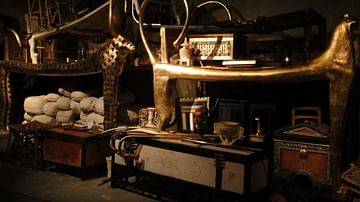
Article
Grave Goods in Ancient Egypt
The concept of the afterlife changed in different eras of Egypt's very long history, but for the most part, it was imagined as a paradise where one lived eternally. To the Egyptians, their country was the most perfect place which had been...